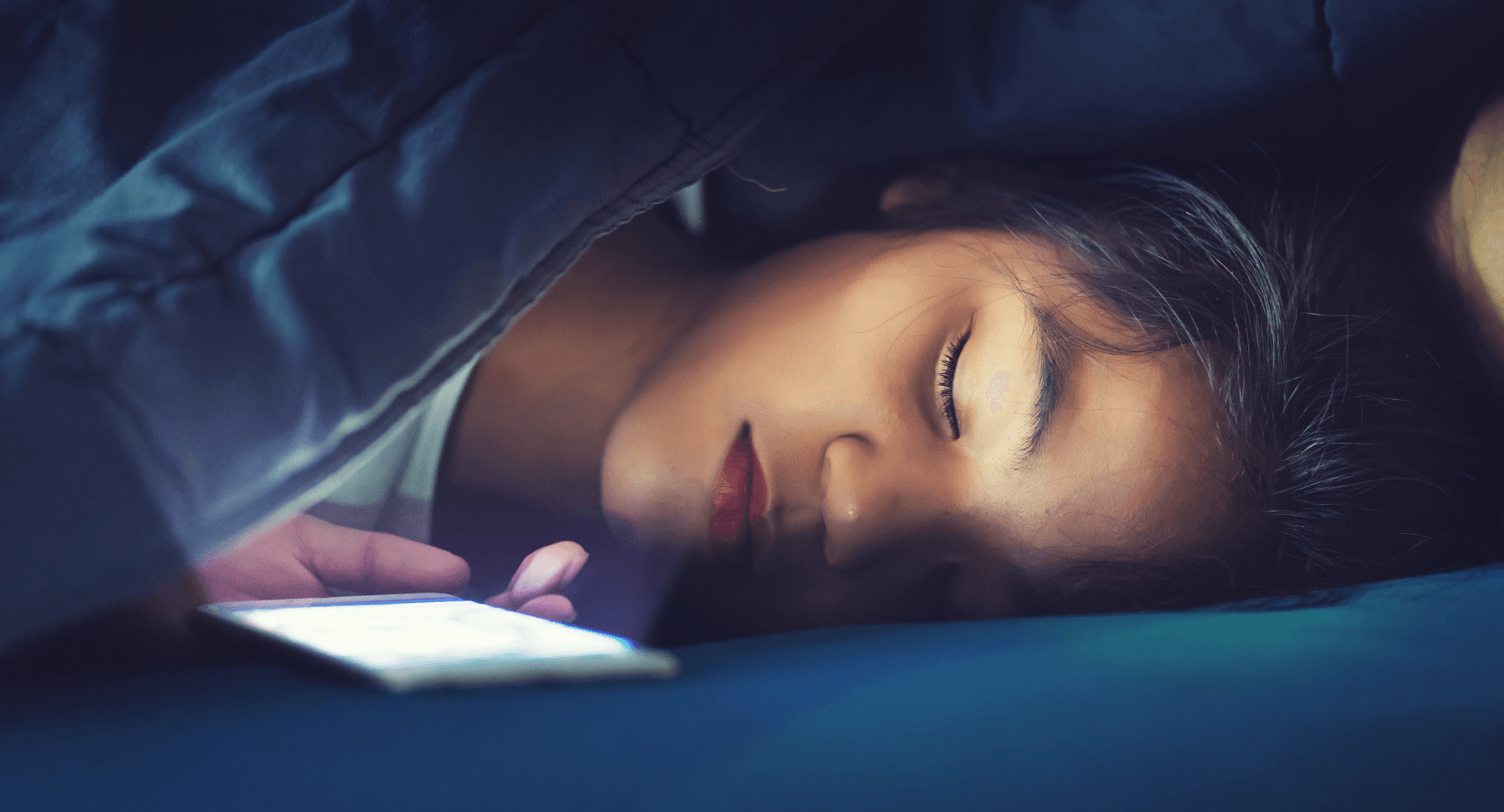Q&A
Helping Teens Get Enough Sleep

Why do young people often struggle to get the right amount of sleep? Leading sleep expert Colleen Carney reveals what is keeping young people awake at night.
Q
Is there any truth in the idea that teenagers naturally go through a period of time when their sleep clock almost inverts, little night sleep and lots of morning sleep, or is this a complete fallacy?
A
Q
How much time should a teenager sleep at night?
A
Q
How bad is sleep deprivation for teens?
A
Q
Can having too much sleep be harmful to a teenager?
A
Q
Is it normal for teenagers to sleep with the light on?
A
Q
Is it good for a teenager to practise polyphasic sleep?
A
Q
How can teens be helped to improve their sleep in order to manage the set hours of their school schedule?
A
Q
I have several teens who can’t sleep due to vivid dreams or nightmares what kind of therapy can I do with them to engage them one is 11 the other 15 both not on medication. Have not experienced trauma.
A
Q
Is it possible that your sleep app DOZE may make an adolescents insomnia worse by encouraging obsession with sleep and increase sleep-related anxiety?
A
Q
What are the signs to look out for that my teenager is suffering from insomnia?
A
You may also like